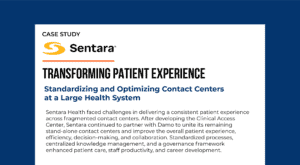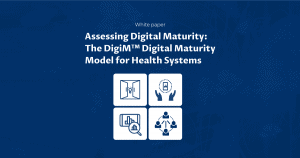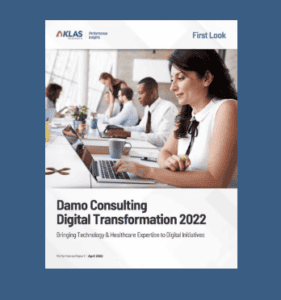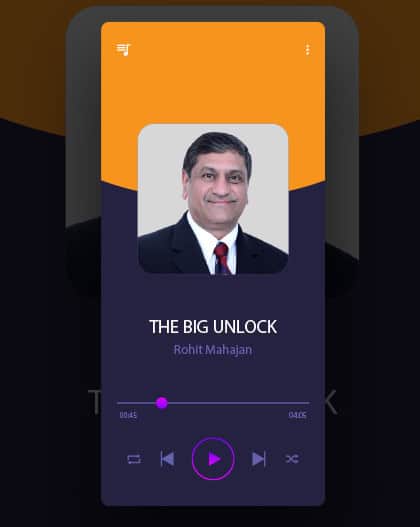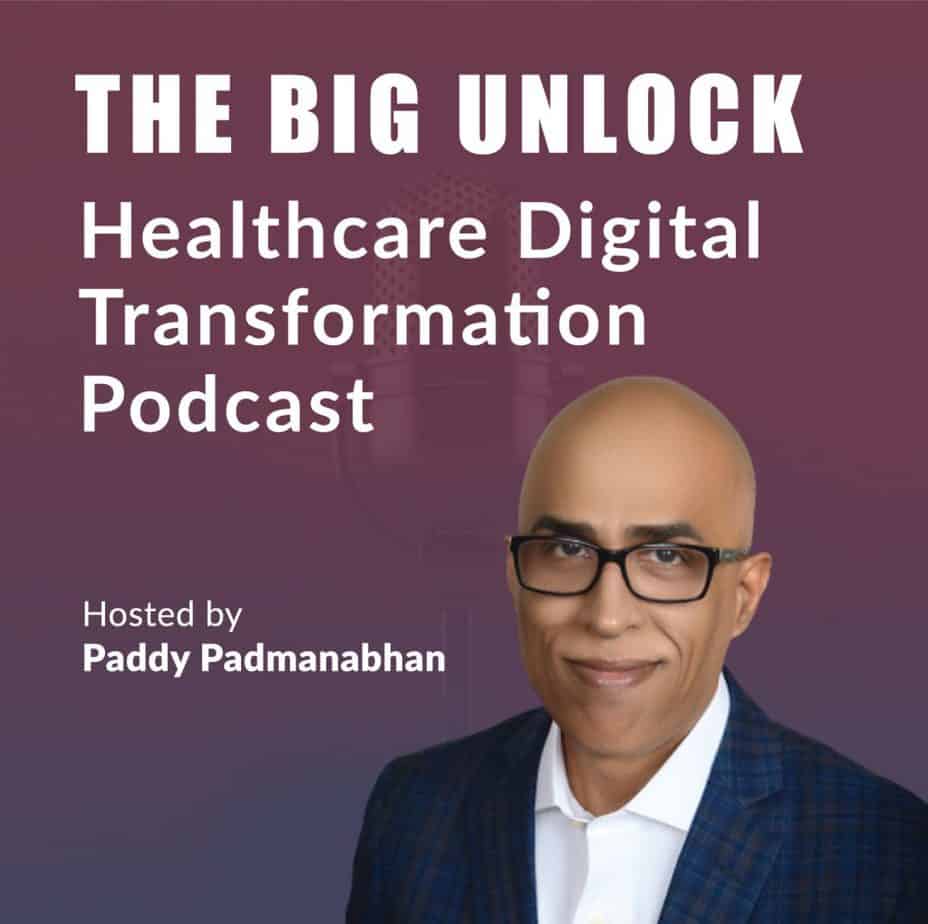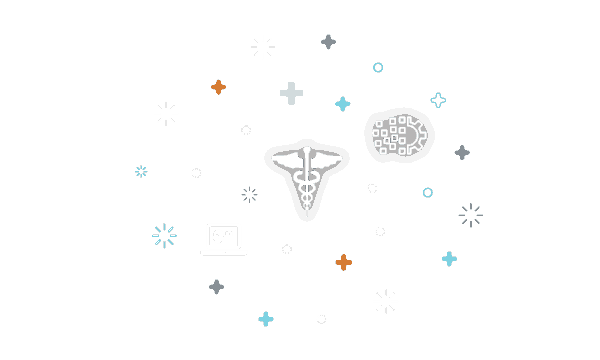Generative AI in Healthcare: Opportunities and Challenges
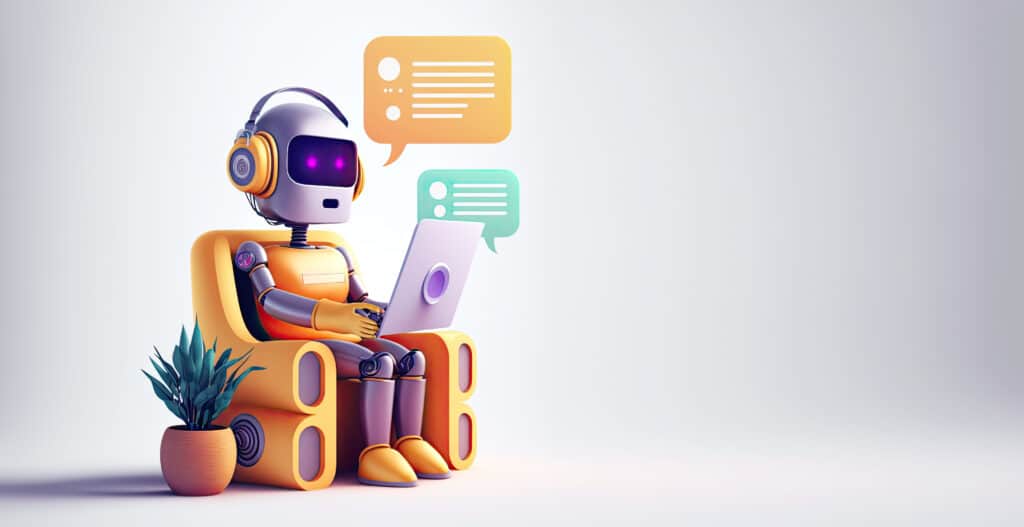
Generative AI is a collection of techniques and algorithms that can generate new content from existing content based on realistic artifacts and reflect the characteristics of the training data but not repeat it. According to Gartner, creating medical images that show the future development of disease will be an emerging use case with long-term impacts with generative AI. By 2025, 30% of all new drugs and materials will be discovered using Generative AI techniques.
Does this mean humans will be rendered jobless? Yes and No. Yes, because some of the existing tasks that are repetitive and can be automated will be good candidates for Generative AI applications. No, because, historically, every time a new industrial revolution has happened, it has disrupted the lives of people, and the way work was done.
"There is a lot of hype now around AI that machines are taking over. This is simply not true. If anyone is taking over, then it is us humans who are entering a new age of creativity and production. Will there be a shift in the job market? Absolutely. Whenever a new advanced technology is introduced, some jobs disappear while new ones are introduced. What is important is to always direct our moral compass toward transparency, fairness, empathy, and responsibility. As leaders, provide your employees with ethical guidance and education on how to use generative AI effectively and overcome their fears, challenges, and biases towards this new advanced tool.
A beautiful new existence awaits us where we focus on what makes us unique as a species: our curiosity, our conscious awareness, our dreams, our emotional intelligence, and our vision, while the algorithms we have created assist us in the production and execution of our authentic vision."Pinar Seyhan Demirdag, AI Director at Seyhan Lee | Artist | Generative AI Expert Tweet
In the context of healthcare, this new and advanced tool means possibilities. The possibility to improve interaction and engagement with patients, to disburden our caregivers and provide them with more quality time to CARE for people (the reason why they are in the profession), and to make humankind healthier and more aware.
Generative AI, like any other technology, is an enabler and not the end goal
Do not consider generative AI as yet another tool to add to your technology stack. You may be overwhelmed by its possibilities. Instead, focus on your business goals and objectives. What do you want to achieve — the outcomes, the impact, and the measurement of success? What are the datasets required to achieve these business goals? By now, I am sure you realize the effort required to research content and automation during implementation. AI, esp. generative AI, can more effectively perform some of these tasks, as situations may demand the generation of content for user testing, mimic operational efficiency, and project financial reports of a hypothetical situation.
For instance, as a hospital administrator, you want to automate the patient scheduling and follow-up process. The organization you work for has been witnessing an increasing rate of “no-shows,” leading to underutilization of resources and higher costs of administration. You want to implement a sound process for effective appointment scheduling and minimize no-shows. Including healthcare generative AI in the scheduling process can help predict the best available time slots and follow-up communication depending on different factors and also provide optimum time slots and physician recommendations for any new appointments.
Generative AI: advantages, pitfalls, and threats
According to the National Bureau of Economic Research (NBER), customer service agents could handle more calls per hour with AI assistance and increase their resolution rate. Their conversations witnessed a 14 percent increase in productivity, 35 percent improvements for the lowest skilled and least experienced workers, and zero or negligible negative effects on the most experienced/most able workers. The customers also expressed positive sentiments and seemed less likely to request help from a supervisor when interacting with agents using AI assistance than when interacting with those who were not.[1]
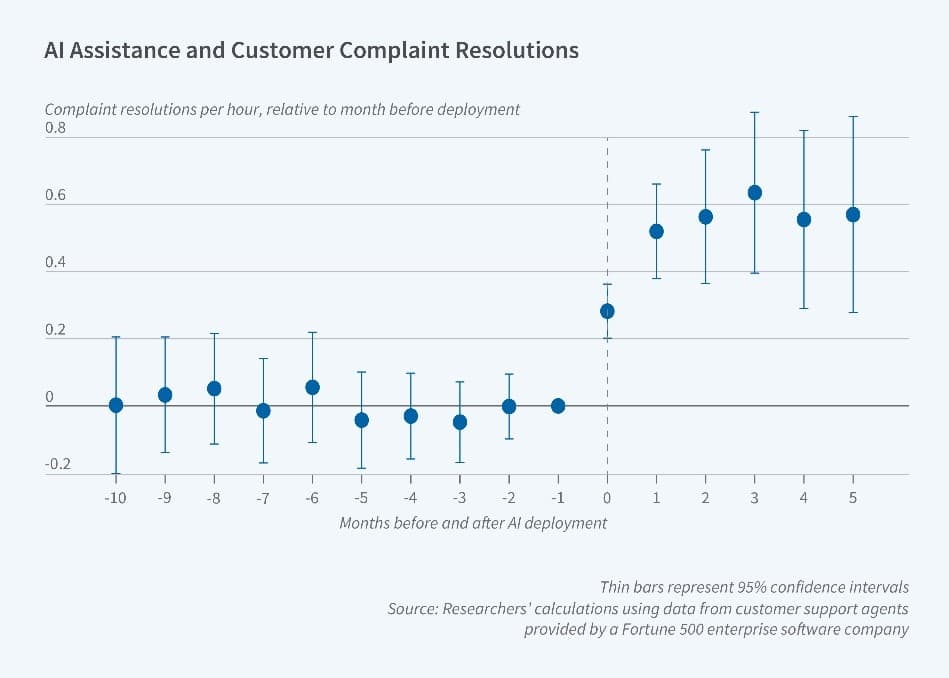
Carl Benedikt Frey, an Oxford economist who coauthored a 2013 paper that estimated 47% of all US jobs were at risk of being replaced by automation as soon as the 2020s, says, “History tells us that simplification is often merely a step towards automation. AI assistants that analyze telemarketers’ calls and provide recommendations are being trained with the ultimate goal of replacing them.”[2]
Ethan Mollick, an associate professor of entrepreneurship and innovation at the University of Pennsylvania’s Wharton School, said that the rate at which AI displaces jobs will depend on the “three levels” of work: tasks, jobs, and systems. Once AI adapts to the above three, it will still have to crack the “systems” level.[3]
10 Gen AI use cases for healthcare
1. Disease Prediction and Prevention
Gen AI can analyze patient data, including electronic health records and lifestyle information, to predict disease risk factors and potential outbreaks. This enables proactive measures for disease prevention and early intervention.
2. Drug Discovery and Development
Gen AI can analyze vast datasets of biological information, including genomics, proteomics, and chemical compounds, to identify potential drug candidates and predict their efficacy. This can accelerate drug discovery and reduce the cost and time associated with taking new drugs to market.
3. Genomic Medicine
Gen AI can decipher complex genomic data to identify genetic mutations associated with diseases, enabling clinicians to offer targeted genetic counseling and potentially gene therapy for some genetic conditions.
4. Healthcare Research and Publications
Gen AI can assist researchers by generating summaries and insights from a vast amount of scientific literature, helping them stay updated on the latest discoveries and accelerating the pace of medical research.
5. Medical Imaging and Diagnostics
Gen AI can improve the accuracy and speed of medical image analysis, such as X-rays, MRIs, and CT scans. It can detect anomalies, assist in early disease diagnosis, and even predict disease progression based on imaging data.
6. Mental Health Monitoring
Gen AI can help in the continuous monitoring of mental health by analyzing speech patterns, social media activity, and physiological data to identify signs of mental health issues and provide early interventions.
7. Personalized Medicine
Gen AI can analyze an individual’s genetic information and medical history to tailor treatment plans and medication regimens specifically to their unique genetic makeup and health profile. This approach can enhance treatment effectiveness and minimize adverse effects.
8. Population Health Management and Predictive Analytics
Gen AI can analyze population-level health data to identify trends, risk factors, and disparities, enabling healthcare organizations to develop targeted public health interventions and policies. Gen AI can also analyze large datasets to predict disease outbreaks, patient readmissions, and healthcare resource utilization, allowing health systems to assign resources more efficiently.
9. Virtual Health Assistants
Gen AI-powered virtual health assistants can provide patients with personalized health advice, reminders for medications and appointments, and answer health-related questions. This enhances patient engagement and adherence to treatment plans.
10. Virtual Clinical Trials
Gen AI can facilitate virtual clinical trials by identifying suitable patient populations, predicting trial outcomes, and assisting with data analysis, reducing the time and cost associated with traditional clinical trials.
What must healthcare leaders do?
When CIOs lead digital transformation, they must take pains to ensure that enterprise digital transformation is not seen as an “IT” initiative – or at least, not just an IT initiative. Digital transformation depends on a range of interconnected programs within an enterprise. These include enterprise data management, enterprise analytics, patient experience, population health management, and innovation, to name a few.
When planning to embark on a digital transformation journey, healthcare leaders must consider evaluating their digital programs at an organizational level and run a benchmarking activity against their peer health systems and their digital programs. This provides deep and actionable insights into prioritizing their digital initiatives and investments and guides with technology and vendor selection.
Based on our advisory experience with clients, we have found that healthcare leaders must start with the end in mind for success with digital transformation. They must define the future state before developing a roadmap and identifying technological solutions. They must look for savings opportunities through scope refinement and scale economies. It can be tempting to pursue digital initiatives that are comprehensive in scope with an expectation of economies of scale and substantial benefits in return. The risks and resource requirements of this approach may sometimes outweigh the benefits, especially if the benefits are seen to accrue beyond a 12-month timeframe.
Generative AI in healthcare holds immense potential, promising improved patient care, operational efficiency, and transformative discoveries. While it may disrupt certain job roles, it also opens new opportunities. As healthcare leaders embark on this digital journey, they must embrace generative AI as an enabler of their vision, ensuring that it aligns with their ethical principles and business objectives. In this era of innovation, the synergy between human ingenuity and AI capabilities will shape a brighter future for healthcare.
For more information on how you can include GenAI in your digital transformation strategy, write to us.
[1] https://www.nber.org/digest/20236/measuring-productivity-impact-generative-ai
[2] https://www.businessinsider.in/policy/economy/news/chatgpt-creator-says-ai-advocates-are-fooling-themselves-if-they-think-the-technology-is-only-going-to-be-good-for-workers-jobs-are-definitely-going-to-go-away/articleshow/102116739.cms
[3] https://www.businessinsider.in/policy/economy/news/want-to-know-how-to-get-ready-for-the-rise-of-ai-dig-into-the-past-/articleshow/101995550.cms

